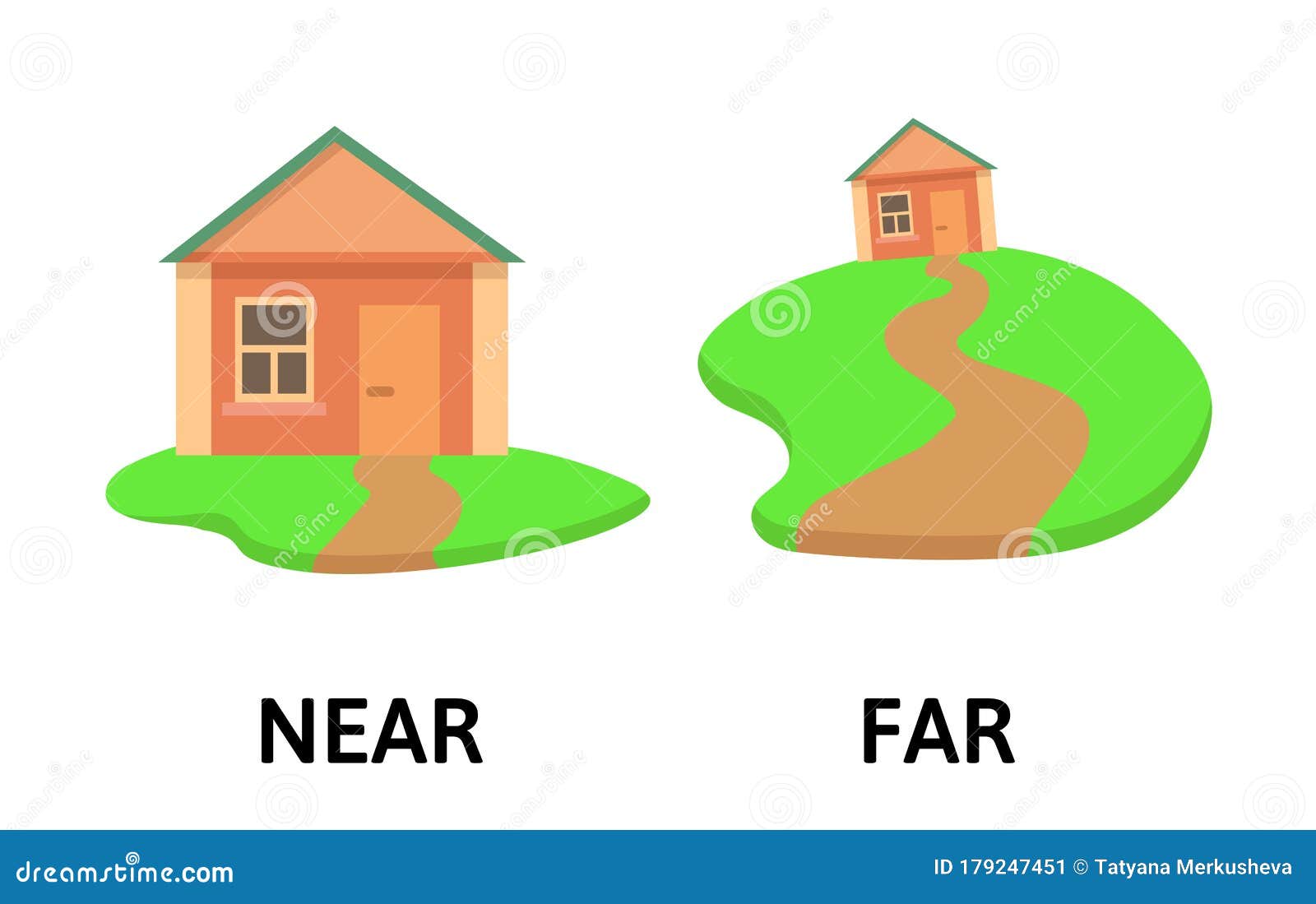How to Finance a New Roof: Options, Steps, and What to Know
Understanding Roof Financing: Is It Possible?
Replacing or repairing a roof is a major home investment, often costing thousands of dollars. Many homeowners wonder if it’s possible to finance a new roof instead of paying the full amount upfront. The answer is yes: there are several legitimate ways to finance a new roof, whether you’re looking for low interest rates, fast funding, or flexible repayment terms. The best option depends on your credit profile, home equity, urgency, and overall financial situation [1] [2] [3] .

Source: luzenelhorizonteymas.blogspot.com
Types of Roof Financing Options
There are multiple ways to finance a new roof. Each option comes with its own benefits, risks, and eligibility requirements. Here’s an in-depth look at the most common types:
1. Home Equity Loans
Home equity loans allow you to borrow a lump sum using your home as collateral. These loans typically feature fixed interest rates, predictable monthly payments, and repayment terms ranging from five to 30 years. Because your home secures the loan, rates are often lower than with unsecured loans. However, failure to repay could put your home at risk. Home equity loans are best suited for homeowners with significant equity who want a one-time payout for their roofing project [1] [2] [3] .
Example: A homeowner with $100,000 in equity borrows $25,000 at a fixed 6% rate, repaying over 15 years. Monthly payments remain steady, and interest may be tax-deductible if the funds are used for home improvements.
2. Home Equity Line of Credit (HELOC)
A HELOC lets you borrow against your home’s equity as needed, similar to a credit card. You only pay interest on the amount drawn, and the rate is usually variable. This flexibility can be valuable if your roofing costs are uncertain or spread over time. However, variable rates mean your payments may increase, and your home is still collateral [2] [3] [4] .
Example: You secure a $30,000 HELOC but only draw $10,000 for the roof, paying interest only on that portion. If you need more for unexpected repairs, you can borrow up to your limit.
3. Personal Loans
Personal loans are unsecured, meaning they don’t require home equity or collateral. Approval can be fast, sometimes within a day or two, and funds are disbursed as a lump sum. Interest rates are typically higher than home equity loans, especially for those with lower credit scores. Terms usually range from two to seven years. This option is best for homeowners who want quick access to funds or lack sufficient home equity [1] [3] [5] .
Example: You apply for a $15,000 personal loan with a 9% APR and repay it over five years. Monthly payments are fixed, and there’s no risk to your home, but the interest cost is higher than with secured options.
4. Government-Backed Loans and Grants
Certain federal government programs help with roof financing, especially for lower-income homeowners or those in rural areas. The Federal Housing Administration (FHA) Title 1 loan is a notable example. This loan can be used for roofing projects and doesn’t require home equity for amounts under $7,500. Eligibility criteria include homeownership, occupancy, and debt-to-income requirements. Additionally, some state and local governments offer grants or low-interest loans for critical repairs. It’s important to search for “home improvement grants” or “FHA Title 1 loan” on official government websites or contact your local housing office for details [4] .
Example: An eligible homeowner secures a $7,000 FHA Title 1 loan to replace a leaking roof, repaying it over several years at a fixed interest rate, with no need for home equity.
5. Roofing Contractor Financing
Many roofing companies offer in-house financing programs or partnerships with third-party lenders. These may include special promotions such as zero-interest if paid in full within a certain period (for qualified borrowers) or deferred payments. Qualification is often easier than with banks, but interest rates can be higher, and some plans may place a lien on your property if you default. Always review terms carefully and compare with other options [3] .
Example: A roofing company offers a 12-month, no-interest payment plan for a $10,000 roof replacement, provided you pay off the balance in full within the promotional period.
6. Credit Cards
Credit cards provide fast access to funds and are useful for smaller roofing repairs. However, they typically carry high interest rates and may result in significant debt if not paid off quickly. If you qualify for a card with a 0% introductory APR, this can be a short-term solution, but ensure you have a plan to pay the balance before the promotional period ends [3] .
Example: You use a credit card with a 0% introductory APR for 18 months to cover a $5,000 repair, paying it off before interest accrues.
Step-by-Step Guide: How to Finance Your New Roof
Financing a new roof involves several key steps, each requiring careful consideration and planning. Here’s a comprehensive guide to help you navigate the process:
- Assess the Cost: Obtain multiple estimates from licensed roofing contractors. Make sure the quotes include materials, labor, permits, and warranties. Typical roof replacements can range from $5,000 to $30,000 depending on size, materials, and complexity.
- Review Your Finances: Determine how much you can afford for a down payment and monthly payments. Check your credit score, as it impacts loan eligibility and interest rates.
- Explore Financing Options: Research the options listed above. For home equity products, contact your mortgage lender or bank. For personal loans, compare offers from online lenders, credit unions, and banks. If eligible for government programs, contact your local housing authority or search for “FHA Title 1 loan” on the U.S. Department of Housing and Urban Development’s official website.
- Apply for Financing: Complete the lender’s application process, providing required documentation such as proof of income, homeownership, and contractor estimates. For some lenders, you can prequalify online with no impact on your credit score [5] .
- Review Loan Terms: Examine the interest rate, repayment schedule, fees, and any penalties. Make sure you understand all obligations, and compare multiple offers before making a decision.
- Finalize the Project: Once approved, use the funds to pay your roofing contractor. Keep all receipts and documentation for future reference and potential tax deductions.
Potential Challenges and Solutions
Financing a new roof can present challenges, such as high interest rates, strict eligibility criteria, or limited equity. If your credit is less than perfect, focus on options like FHA Title 1 loans or contractor financing, which may have more flexible requirements [4] . If you’re denied for traditional loans, saving for a larger down payment or seeking local assistance programs can help.
Always beware of predatory lenders, high-pressure sales tactics, and unclear terms. If an offer seems too good to be true, consult with a financial advisor or your local housing office for guidance.
Alternative Approaches to Roof Financing
If traditional financing options are unavailable or unaffordable, consider these alternatives:

Source: commonsensequantum.blogspot.com
- Homeowners insurance: If your roof was damaged by a covered event (such as storm or fire), your policy may pay for part or all of the replacement. Contact your insurer to file a claim and understand your coverage.
- Local non-profits: Some organizations and charities assist low-income or elderly homeowners with urgent repairs. Search for “home repair assistance programs” in your city or county.
- Community development grants: City or state housing departments sometimes offer grants for critical home repairs. Check your local government’s website or call their housing division for details.
Key Takeaways
Financing a new roof is not only possible, but there are multiple legitimate, actionable pathways for most homeowners. Whether you choose a home equity loan, personal loan, government-backed program, or contractor financing, it’s essential to research your options, understand the terms, and plan for repayment. Always use verified lenders, official government resources, and consult with professionals if you have questions. If you aren’t sure where to start, contact your bank, local housing authority, or a reputable roofing contractor for guidance.
References
- [1] NerdWallet (2025). Best Roof Financing Options in 2025.
- [2] Business Insider (2025). How to Finance a Roof: Exploring Your Options.
- [3] LendingTree (2025). Best Roof Financing Options: 7 Loans to Consider.
- [4] IKO (n.d.). Roof Financing Options to Consider when Replacing your Roof.
- [5] HFS Financial (2025). Roof Financing California.



